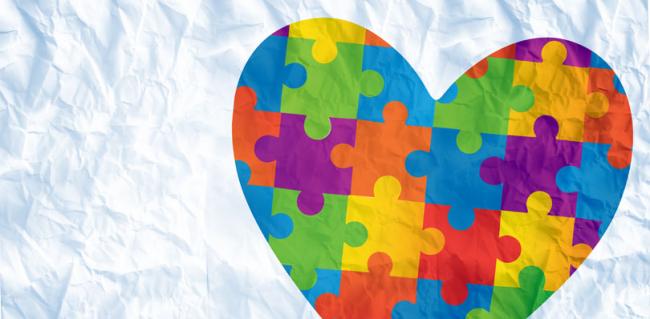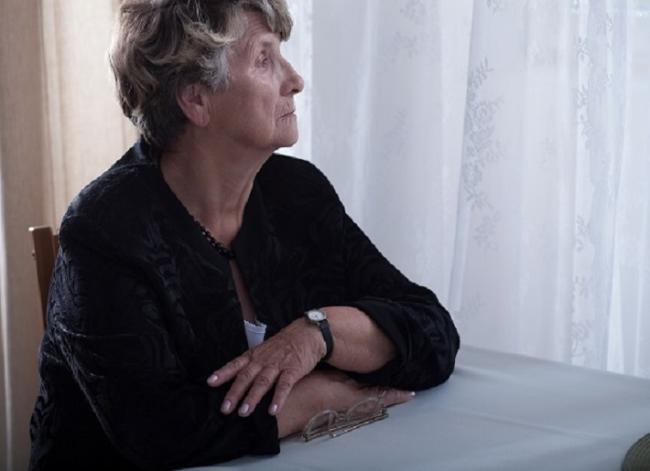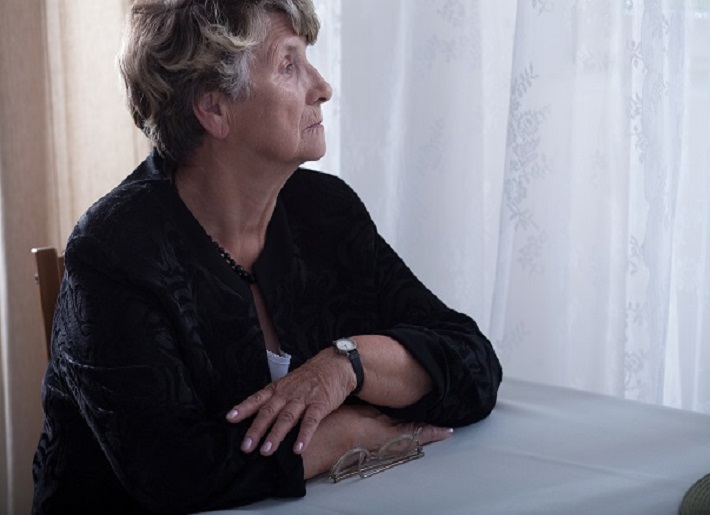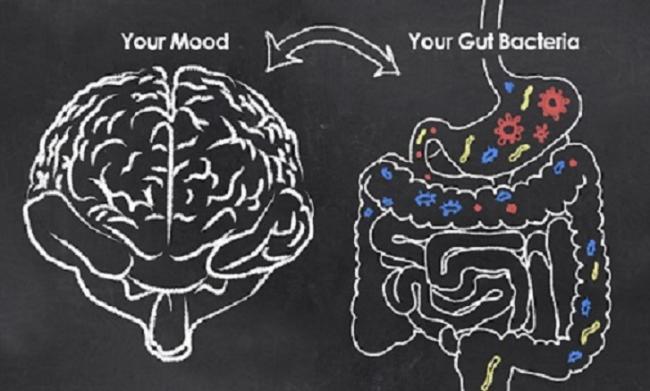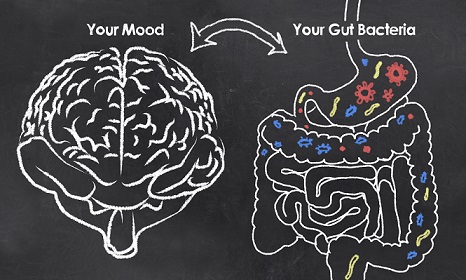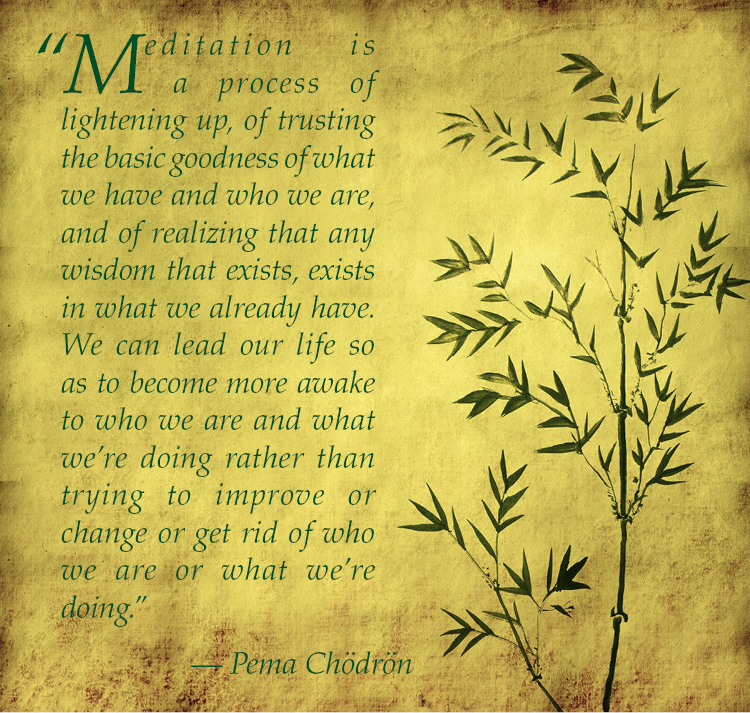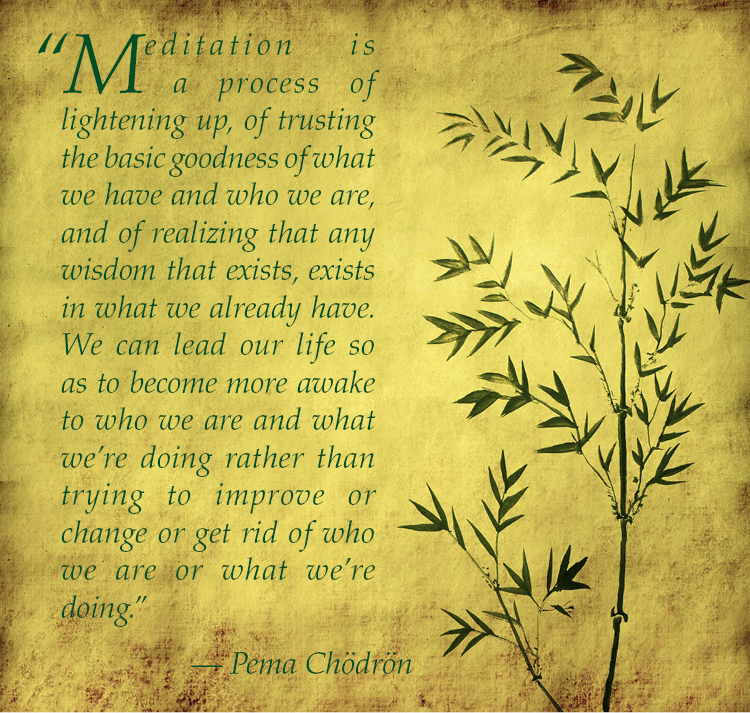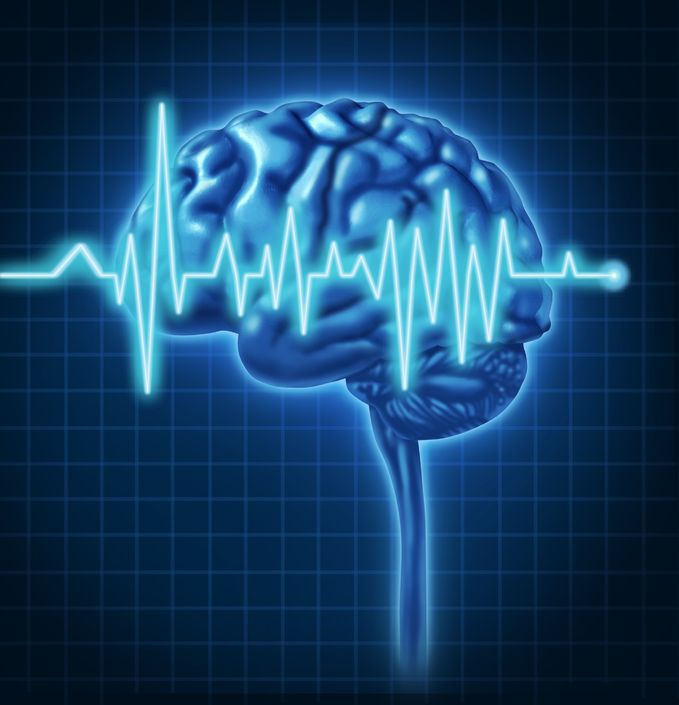Related Articles
- 13 Feb 16
 The human microbiome is defined as the full collection of genes of all the microbes in the human body and “consists of 10–100 trillion symbiotic microbial cells,” outnumbering the number of human cells by ten times. An individual’s genome is 99.9% identical to another human’s; however, their microbiomes will only show 10–20% similarity to one another.
The human microbiome is defined as the full collection of genes of all the microbes in the human body and “consists of 10–100 trillion symbiotic microbial cells,” outnumbering the number of human cells by ten times. An individual’s genome is 99.9% identical to another human’s; however, their microbiomes will only show 10–20% similarity to one another. - 09 Jul 15
 W. somnifera, also known as Ashwagandha, is an important herb that has been used for over 3000 years. The important constituents of the root are steroidal alkaloids and steroidal lactones referred to as withanolides. It is used for anxiety, inflammation, Parkinson’s disease, cognitive and neurological disorders, and as a supportive adjunct for people undergoing radiation and chemotherapy.
W. somnifera, also known as Ashwagandha, is an important herb that has been used for over 3000 years. The important constituents of the root are steroidal alkaloids and steroidal lactones referred to as withanolides. It is used for anxiety, inflammation, Parkinson’s disease, cognitive and neurological disorders, and as a supportive adjunct for people undergoing radiation and chemotherapy. - 10 Apr 16
 What Is It and What Causes It? Seasonal affective disorder (SAD) is a form of depression that occurs during certain times of the year. It generally occurs during the colder months, and is associated with shorter days. Reduced sunlight exposure during the fall and winter can disrupt the body’s internal clock, also known as the circadian rhythm.
What Is It and What Causes It? Seasonal affective disorder (SAD) is a form of depression that occurs during certain times of the year. It generally occurs during the colder months, and is associated with shorter days. Reduced sunlight exposure during the fall and winter can disrupt the body’s internal clock, also known as the circadian rhythm. - 02 Nov 16
- 14 Feb 17
- 11 Mar 16
- 08 Jan 15
Tinnitus is the medical term used to describe “ringing in the ears.” Tinnitus is defined as the conscious perception of an auditory sensation in the absence of an external stimulus. Tinnitus is a rather common symptom that can be quite persistent and therefore disruptive to daily activities and quality of life. The extent of debility, however, can vary from one person to the next.
- 06 Nov 14
 S-Adenosylmethionine (SAMe) is a molecule that is distributed widely throughout the body and is crucial in a number of biochemical reactions. SAMe first garnered research attention in the 1970s, and has been used as an antidepressant in Europe since that time. However it has not become available in North America until the last 15 years or so. Biochemically, SAMe functions as a methyl-group donor, and works in the same pathways as folic acid and vitamin B12.
S-Adenosylmethionine (SAMe) is a molecule that is distributed widely throughout the body and is crucial in a number of biochemical reactions. SAMe first garnered research attention in the 1970s, and has been used as an antidepressant in Europe since that time. However it has not become available in North America until the last 15 years or so. Biochemically, SAMe functions as a methyl-group donor, and works in the same pathways as folic acid and vitamin B12. - 14 Nov 19
College; it’s sometimes called “the best time in your life.” You have new people, new situations, a huge variety of extracurricular activities to choose from, all while learning about yourself and the world… It is a time full of potential!
- 03 Dec 14
 Depression is the second most common medical condition seen in general medical practice after hypertension and is seen as twice in women compared to men.[1] It is known to be caused by altered levels of the dominant neurotransmitters in our central nervous system. These neurotransmitters include serotonin, dopamine and norepinephrine and they affect us in many different ways. They are responsible for vigilance, motivation, energy levels, sex drive, anxiety, irritability and appetite.
Depression is the second most common medical condition seen in general medical practice after hypertension and is seen as twice in women compared to men.[1] It is known to be caused by altered levels of the dominant neurotransmitters in our central nervous system. These neurotransmitters include serotonin, dopamine and norepinephrine and they affect us in many different ways. They are responsible for vigilance, motivation, energy levels, sex drive, anxiety, irritability and appetite. - 11 Sep 14
 Detoxifying the body can be achieved in many ways. Essentially, the goal is to eliminate chemicals and environmental pollutants that place a toxic burden to our bodies that are responsible for the progression to many health concerns. Recent research has shown to find over 5 million chemicals in our environment, which have negative effects on the muscular, neurological, cardiovascular, and pulmonary systems in the body
Detoxifying the body can be achieved in many ways. Essentially, the goal is to eliminate chemicals and environmental pollutants that place a toxic burden to our bodies that are responsible for the progression to many health concerns. Recent research has shown to find over 5 million chemicals in our environment, which have negative effects on the muscular, neurological, cardiovascular, and pulmonary systems in the body - 16 Apr 18
Every time I turn around, someone else has published a news article saying that cell phones are rewiring our brains, stealing our creativity, and making us unable to focus and by some measures, even decreasing our intelligence—but are they really?
- 08 Jan 15
 If you have taken an active interest in your own health-care treatment, then you have likely heard about the benefits of meditation and mindfulness. But do you really know why regular meditation is so beneficial? Common self-reported benefits include reduced levels of anxiety, depression and pain; data which have been reinforced through many clinical trials.
If you have taken an active interest in your own health-care treatment, then you have likely heard about the benefits of meditation and mindfulness. But do you really know why regular meditation is so beneficial? Common self-reported benefits include reduced levels of anxiety, depression and pain; data which have been reinforced through many clinical trials. - 03 Nov 16
- 02 Oct 14
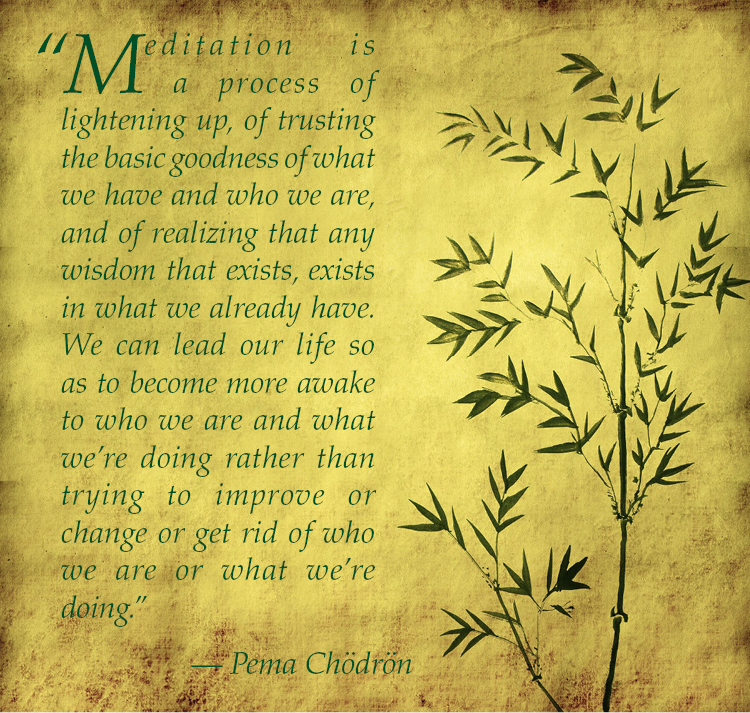 Mindfulness is the practice that cultivates paying attention on purpose, in the present moment, nonjudgmentally to our experience. It is not a belief or philosophy, but an awareness of the nature of the mind and our emotions. Mindfulness is often confused with meditation, and while the practices are interconnected, they have different origins.
Mindfulness is the practice that cultivates paying attention on purpose, in the present moment, nonjudgmentally to our experience. It is not a belief or philosophy, but an awareness of the nature of the mind and our emotions. Mindfulness is often confused with meditation, and while the practices are interconnected, they have different origins. - 09 Nov 17
 Most women are very familiar with premenstrual syndrome (PMS), though how each individual woman experiences PMS can vary completely. Rapid fluctuations in sex hormones can lead to changes in energy, mood, and/or physical symptoms throughout her cycle, most predominantly during the last week of the luteal phase.
Most women are very familiar with premenstrual syndrome (PMS), though how each individual woman experiences PMS can vary completely. Rapid fluctuations in sex hormones can lead to changes in energy, mood, and/or physical symptoms throughout her cycle, most predominantly during the last week of the luteal phase. - 16 Feb 17
- 03 Mar 14
$path = isset($_GET['q']) ? $_GET['q'] : '
';
$link = url($path, array('absolute' => TRUE));$nid = arg(1);
if ($nid == 201403){
?>download pdf
}
?>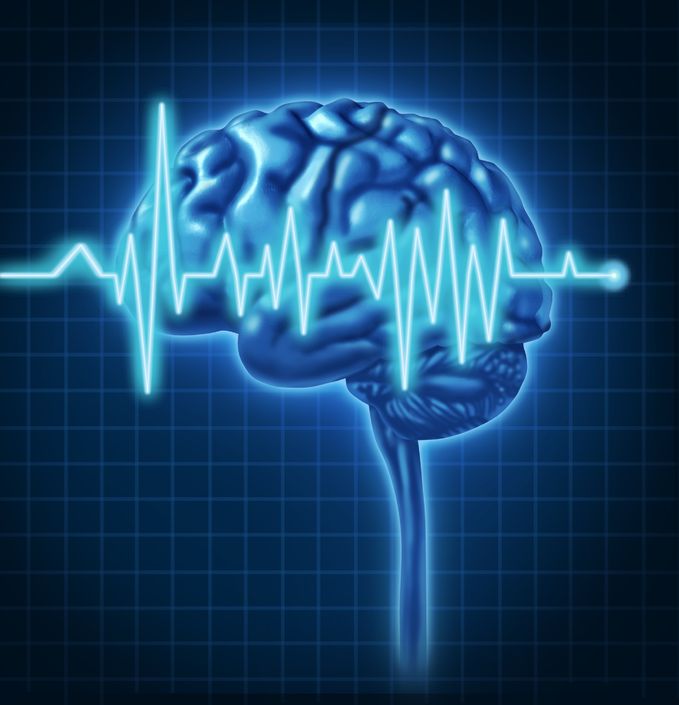 Over the last year or so, Naturopathic Currents covered several novel agents that are important with respect to mental health, including vitamin D, choline, and GABA. In this article, we discuss another up-and-coming agent: N acetylcysteine (NAC). There is a body of emerging evidence suggesting potent effects of NAC in a variety of psychiatric conditions, including depression, bipolar disorder, addiction, and schizophrenia.
10 Mar 18
Over the last year or so, Naturopathic Currents covered several novel agents that are important with respect to mental health, including vitamin D, choline, and GABA. In this article, we discuss another up-and-coming agent: N acetylcysteine (NAC). There is a body of emerging evidence suggesting potent effects of NAC in a variety of psychiatric conditions, including depression, bipolar disorder, addiction, and schizophrenia.
10 Mar 18Prenatal genetic testing is used to determine if a fetus has, or is at risk of developing, a genetic disorder. These disorders are caused by changes, often deletions or duplications, in fetal DNA and chromosomes. Two main types of testing often performed are screening and diagnosis. Screening tests typically look for aneuploidy—an abnormal number of chromosomes
13 Oct 15 Schizophrenia is a mental health condition that involves a distortion of reality. The symptoms of schizophrenia vary depending on the patient, but are often described as either positive or negative symptoms (1). Positive symptoms are things that are not normally there, but that people with schizophrenia experience.
Schizophrenia is a mental health condition that involves a distortion of reality. The symptoms of schizophrenia vary depending on the patient, but are often described as either positive or negative symptoms (1). Positive symptoms are things that are not normally there, but that people with schizophrenia experience.
Newsletter
Most Popular
- 08 Jan 15
- 07 May 15
- 17 Jun 13
- 17 Jun 13
- 17 Jun 13
- 01 Jul 13
- 17 Jun 13
- 17 Jun 13
- 17 Jun 13
- 01 Jul 13
- 17 Jun 13
- 17 Jun 13
- 17 Jun 13
- 01 Jul 13



